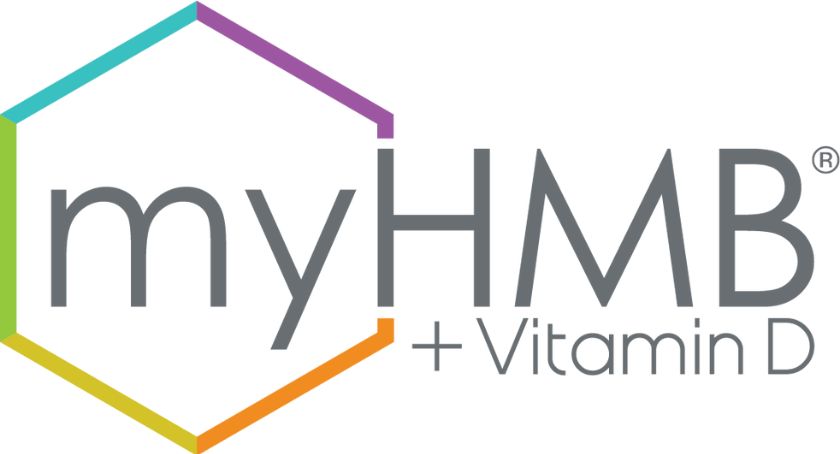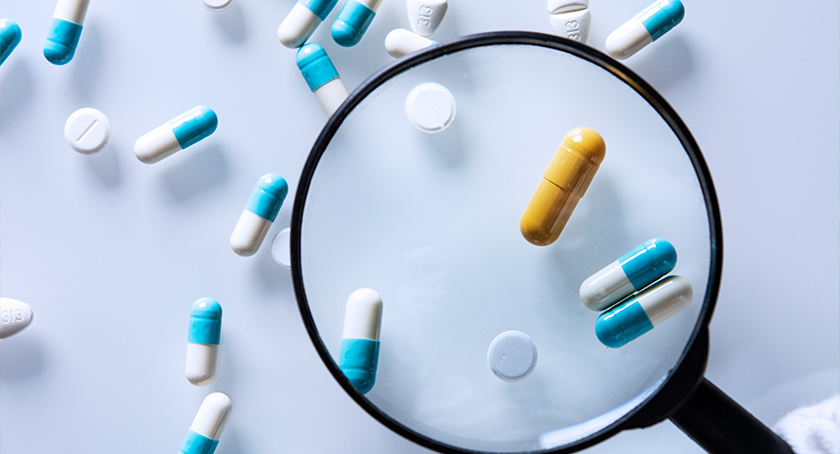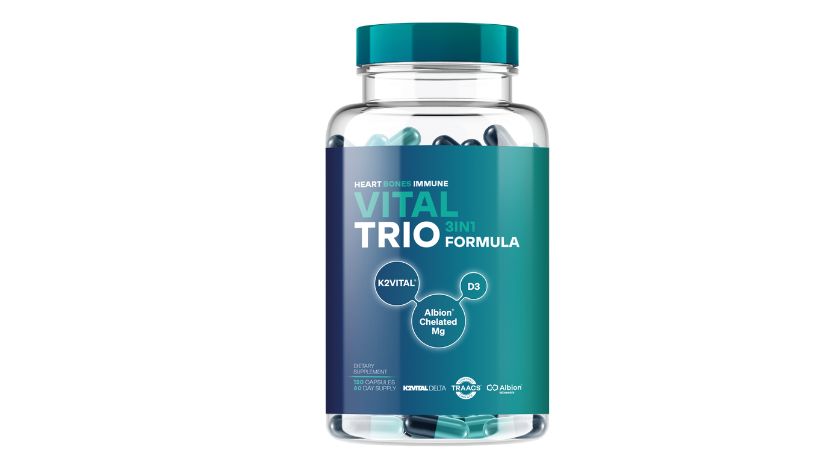Exclusives
Prebiotics Help Build a Healthy Microbiome & Immune System
Advanced restorative prebiotic, PrebioMD, designed to change the microecology of the gut.
In order for consumers to optimize their health, they need to fuel the microbiome, which is the trillions of bacteria, fungi, and viruses that live in the gut. Properly administered prebiotics and probiotics may be able to help do just that.
1MD said its “advanced restorative prebiotic” supplement, PrebioMD, can stabilize the microbiome and improve the immune system. The product contains PreticX (XOS, xylooligosaccharide) and galactooligosaccharide (GOS), two potent prebiotics, as well as four specific bacteriophages, such as PreforPro, which target dangerous bacteria like E. coli and coliform.
According to David Kahana, MD, who is Board Certified in Pediatrics and Gastroenterology, PrebioMD is unique in its mix of ingredients. XOS and GOS are oligosaccharides that can’t be processed by normal human digestive enzymes, so they pass undigested to the colon, where they are fermented by selective bacteria and converted to short-chain fatty acids (SCFA), Kahana said.
“Our doctors not only formulate our supplements, but are encouraged to use them on patients for real-world, clinical experience,” Kahana said. “We believe that the key to increasing digestive capacity is modulation of the microbiome. In other words, probiotics are not enough and may only offer temporary relief. Prebiotics hold the promise of a sustained response, by modifying the microecology in the gut and, thereby, the immune system.”
PrebioMD may help people who suffer with irritable bowel syndrome (IBS), which Kahana called “a waste-basket term” to categorize everything and anything that causes stomach pain without a clear cause. “However, it’s understood IBS is due to a weak digestive system and a heightened pain response to common stimuli. So PrebioMD, which creates a healthier microbiome, can possibly lead to better digestion and less symptoms of indigestion, gas production, and pain,” Kahana said.
Inflammatory Bowel Disease (IBD) is an inflammatory condition, so PrebioMD should be used with caution, Kahana said, although it may offer improvement. Some cases of IBD, such as pouchitis, have a clinical response to butyric acid, a short-chain fatty acid created through the fermentation of prebiotics. So, for some IBD patients, PrebioMD may be able to replace medical therapy, Kahana claimed.
Prebiotics can directly and indirectly affect a person’s health. The direct effect is improving regularity and stool consistency since prebiotics can help loosen and moisturize stool. The indirect effect is improving the microbiome, which reduces inflammation and repairs colonocytes, he said.
Prebiotics can modulate the microbiome long-term, he added. “Probiotics don’t colonize the gut and can’t truly help it. People who take prebiotics and probiotics have a greater chance of maintaining their microbiome and having a stronger immune system,” Kahana said. “Since prebiotics and probiotics work together synergistically, it is wise to take them both.”





















